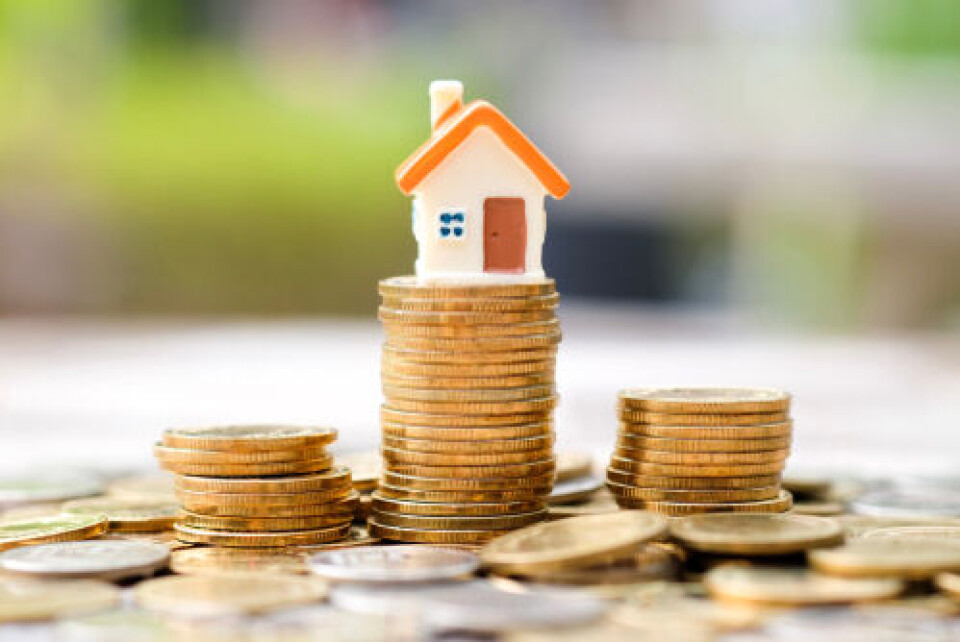-
Second-home owners: French MPs and senators relaunch efforts for visa concessions
French lawmakers push for a simpler process for Britons post-Brexit
-
French police can check your home (and elderly relatives) when you are away
Here is how to sign up for the service, as well as a special check for elderly people. Plus, advice on how to avoid ‘fake police’ scams
-
Big limitations on number of new second homes in Chamonix
Some 70% of the housing stock in the popular mountain resort town are currently second homes
Do non-residents pay more French tax on second homes than residents?
Since Brexit there can be an additional expense for Britons - the fees for a fiscal representative to calculate capital gains tax when you sell. This has been the case for other non-EU citizens for some time

Reader Question: We are UK residents intending to buy a holiday home in France. Am I right that recent French legislation means taxes we face as non-residents (eg. taxe foncière) are stiffer than before? Are they the same as for French residents with a holiday home?
Property taxes are the same in buying a second home whether resident or non-resident, and this has not changed. The only French residence of a person with their main domicile in the UK is still considered a second home.
In terms of property taxes, the French resident and the non-French resident are liable to pay both taxe foncière and taxe d’habitation.
Under recent changes, French residents are mostly exempt from paying taxe d’habitation, but only on their principal private residence.
Local councils set the rates of both taxes, which in some areas include an additional surcharge on taxe d’habitation on second homes. This has applied for several years.
Another factor affecting the amount to be paid is the theoretical rental value of the property, called valeur locative cadastrale. MPs usually vote annually to increase this, related to rises in the cost of living. Other factors, including an extension to the home, can also affect this.
A general revision of the values has long been proposed but has now been put off to 2026.
The amount of each of these taxes will vary across France for a similar property, but when buying a property, you should be informed in the sale details of the amount of the taxe foncière, and you can also request to know the amount of the taxe d’habitation.
Should you rent out your property, UK tax residents must declare the income first in France, where non-residents are liable to a flat rate of income tax (usually 20%), which is then used as a credit against income tax liability in the UK when declaring the taxable French rental income figure.
Also due will be social charges, which should be only 7.5% – or 17.2% if you are not liable to social security in the UK.
Since Brexit, in the event of selling a property for more than €150,000, one additional expense is the requirement to use a French fiscal representative to calculate the capital gains tax liability, costing around 0.5% of the sale price. This fee is deductible from the taxable gain.
Related links
Taxe foncière France’s local property tax: Who pays and the exemptions
Can we annul usufruit before selling a house in France?
Is there a way to reduce 60% French inheritance tax for friends?
























